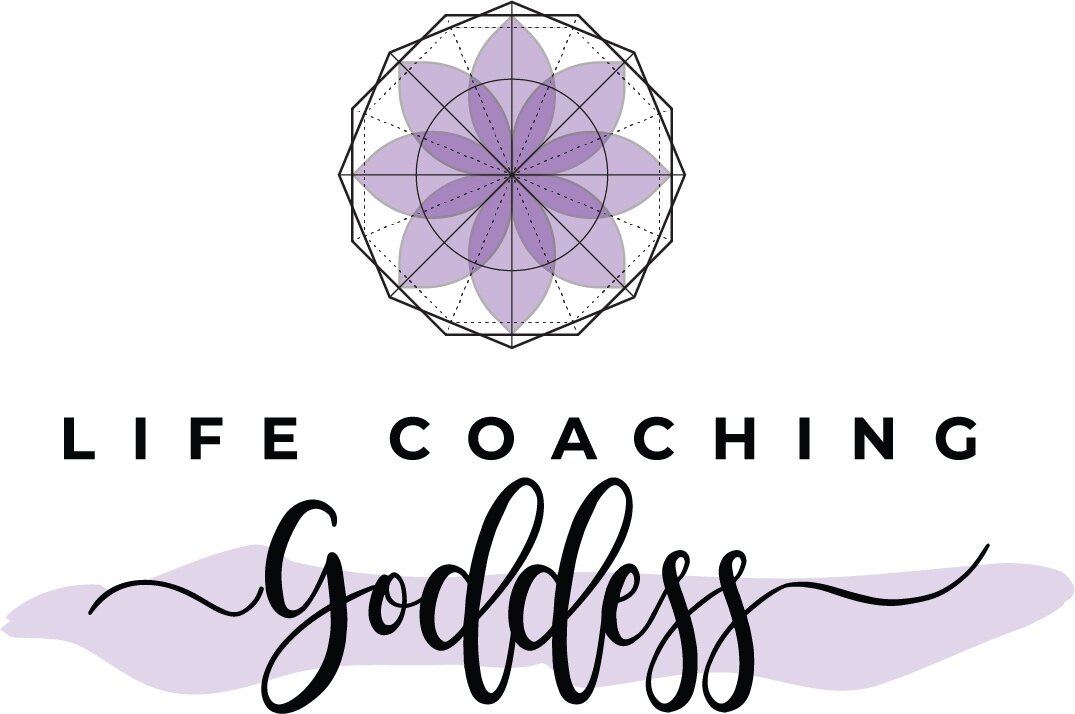Triggers Are Invitations
You may be questioning my sanity right now — after all, triggers are anything but pleasant. They’re like emotional landmines buried deep within us, exploding without warning and leaving us shaken, disoriented, and scrambling for safety. They’re uncomfortable, anxiety-inducing, and often feel like obnoxious echoes of the past we thought we’d buried. Triggers are the insistent chaos that rises again and again, like waves crashing against the shore, pulling us under just when we think we’ve found steady ground. They disrupt our peace, derail our sense of control — and yet, they carry something sacred: an invitation. Not to suffer, but to heal. To finally trace the wound beneath the reaction.
And I will vulnerably share with all of you a recent trigger that I saw as an invitation to finally sit and heal, so that I could give myself the presence I didn’t have when I was younger.
What a simple moment taught me about triggers, healing, and emotional safety after abuse.
It started as an ordinary evening. My partner came home from work, we kissed, exchanged the usual hello… but I felt off. Disconnected. Unsettled in my body. I couldn’t put my finger on it — only that I wasn’t fully present.
Then, something seemingly small happened: he noticed a dirty spot on a drawer and casually asked, “Did you do that? What is it?”
He wasn’t cruel or confrontational — just curious. But in an instant, my nervous system flared up. I felt blamed. Criticized. Attacked.
I shut down.
He noticed the shift. He asked if I was okay. But I couldn’t speak. Not yet. My body froze, my walls went up, and I disappeared inside myself.
It wasn’t just about the drawer. It never really is.
For women healing from abuse, this kind of response is painfully familiar. We’ve been conditioned to see danger in moments others would dismiss. A simple question can feel like an accusation. A neutral tone can sound like a threat. Our nervous system has learned to protect us by shutting us down, hiding us away, pulling us inward where it once felt safer.
But here’s the truth I’ve come to realize: this wasn’t about my partner. It was about my past. About old wounds still living in my body. About a part of me that learned long ago that speaking up meant being punished or belittled.
As someone healing from complex trauma and navigating an anxious-avoidant attachment style, I often crave closeness but panic when I feel exposed. I long for safety, yet mistrust it when it arrives. And in those moments — like the drawer — I retreat and hope someone will come find me.
But healing teaches us that not everyone will understand what our nervous system is doing.
That doesn’t make them unsafe — it means we have to guide them.
My partner didn’t wrap me in his arms that night — not because he didn’t care, but because that’s not how he’s wired. Instead, he stayed nearby. Gave me space. Checked in. Waited. And while it didn’t look how I wanted, it was still emotional safety.
But this also gave me the opportunity to learn how to guide myself back to safety, to gain enough awareness to see that this wasn’t about the present moment, this was about sitting with a younger version of me that got blamed, attacked, and criticized often. Because she never felt safe. She never could make a mistake, and she needed my love, my presence, my compassion for what she went through. Most of all, she needs to know that it’s over.
That’s the biggest lesson I want to share:
Emotional safety can take different forms. It’s not always about the right words or grand gestures. Sometimes it’s about quiet presence. Patience. Willingness to learn. The consistency of someone who doesn’t leave, even when you shut down.
So to the woman reading this who’s healing from abuse:
If you shut down when things feel too much — you’re not broken. You’re protecting yourself.
If your body reacts before your mind understands why — that’s a trauma response. And it’s okay.
If you’re learning to trust someone new — that’s brave. Even when it’s messy.
Healing doesn’t mean you’ll never get triggered. It means you start recognizing the trigger for what it is: a doorway back to yourself. A signal to slow down and listen with compassion.
And if your partner is willing to walk beside you — even imperfectly — honor that. Teach them. Share your body’s language. Let love in, one safe moment at a time.
Let your pain become a bridge to deeper understanding, not a wall that keeps you isolated.
Because you deserve connection that honors your story, not dismisses it.
You deserve love that doesn’t retreat when your trauma rises.
You deserve healing that rewires your body to trust again — gently, in your time.
And maybe, just maybe… even a dirty drawer can be part of your transformation.


